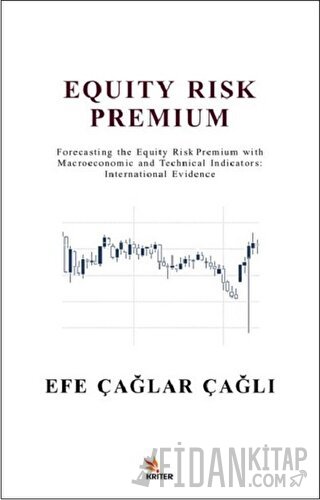
Understanding the behavior of asset prices is essential in evaluating investment decisions so that practitioners and academics have been investigating what assets are worth and whether asset prices are predictable. The degree of stock return predictability is a statistical concept and totally an empirical issue. In this study, we conduct an empirical application on the equity premium forecastability concept. We consider both macroeconomic and technical indicators in order to predict the equity risk premiums of selected thirteen stock markets including Belgium, Greece, Malaysia, Mexico, Portugal, Spain, Taiwan, Turkey, Brazil, Hong-Kong, India, Russia, and South Africa.
Incorporating information from all indicators including domestic and foreign macroeconomic indicators, oil price changes, and technical indicators provides in-sample fitting gains. Out-of-sample forecasting results show that the strategy of combining forecasts provides out-of-sample gains. Portfolio performance analyses suggests following the forecasts generated by the proposed models to obtain positive returns over the buy-and-hold strategy.
Understanding the behavior of asset prices is essential in evaluating investment decisions so that practitioners and academics have been investigating what assets are worth and whether asset prices are predictable. The degree of stock return predictability is a statistical concept and totally an empirical issue. In this study, we conduct an empirical application on the equity premium forecastability concept. We consider both macroeconomic and technical indicators in order to predict the equity risk premiums of selected thirteen stock markets including Belgium, Greece, Malaysia, Mexico, Portugal, Spain, Taiwan, Turkey, Brazil, Hong-Kong, India, Russia, and South Africa.
Incorporating information from all indicators including domestic and foreign macroeconomic indicators, oil price changes, and technical indicators provides in-sample fitting gains. Out-of-sample forecasting results show that the strategy of combining forecasts provides out-of-sample gains. Portfolio performance analyses suggests following the forecasts generated by the proposed models to obtain positive returns over the buy-and-hold strategy.











